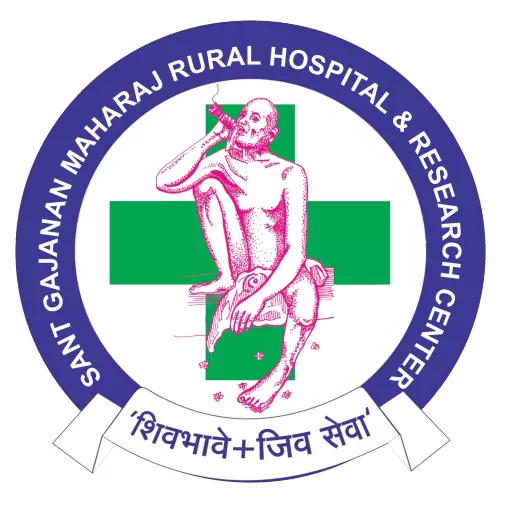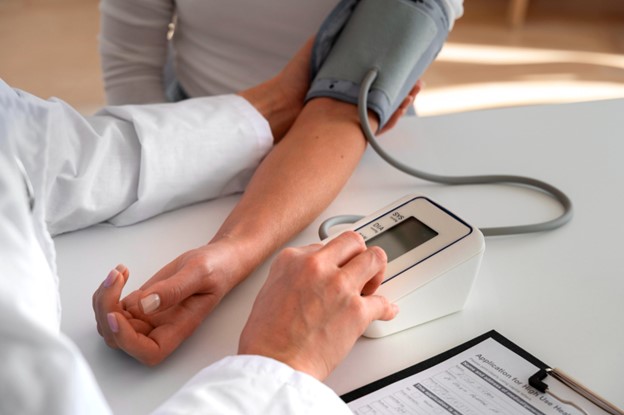High blood pressure, also known as hypertension, is often called the ‘silent killer’ because it usually has no obvious symptoms. It’s a common condition where the force of blood against your artery walls is high, which can strain your heart and other organs. This strain makes it a major health risk if not managed. High blood pressure hypertension symptoms may not be noticeable at first, but they silently damage your body over time.
Hypertension affects millions globally, increasing the risk of heart disease, stroke, and other complications. Raised blood pressure makes your heart work harder than normal, wearing out blood vessels and organs such as the heart, kidneys, and brain. High bp symptoms may not manifest immediately, but the damage is gradual and significant. Therefore, early detection of hypertension symptoms is critical in preventing severe health outcomes.
Getting regular blood pressure checks is vital. You can have hypertension for years without any noticeable signs. It’s essential to routinely monitor your blood pressure to catch any early signs and prevent long-term health issues. Regular screening ensures that even when blood pressure too high symptoms aren’t showing, you’re managing your health effectively.
Recognizing & Understanding the Symptoms
Many are unaware of the symptoms of high blood pressure, but recognizing them early can help prevent damage. These high bp symptoms can cause harm silently by straining your heart and other organs.
Here are common bp symptoms to look out for:
- Frequent morning headaches
- Chest pain
- Shortness of breath
- Dizziness
- Blurred vision
- Nosebleeds
- Fatigue and feelings of confusion
- Irregular heartbeat
- Blood in urine
- Difficulty breathing or sleeping
These symptoms might not always be present, yet they signal the need for medical check-ups, especially when associated with other risk factors like age or family history. Regular monitoring of blood pressure at home helps in catching these early symptoms. By keeping track of readings, individuals can stay informed about potential cause of elevated blood pressure and manage them proactively.
Taking Action: When to Seek Medical Advice
Noticing blood pressure to high symptoms early is crucial. Some symptoms like severe chest pain, intense headaches, or confusion require immediate medical help. Ignoring these signs can lead to severe health consequences.
It’s important not to self-diagnose based on symptoms alone; always consult a healthcare professional for accurate diagnosis. Doctors can offer precise insights and guide you toward effective treatment plans. Understanding your family’s health history is also vital. If high blood pressure is prevalent in your family, you’re at a greater risk and should be vigilant.
Stress plays a significant role in cause of elevated blood pressure. Incorporating stress management techniques, such as meditation or regular exercise, can help manage hypertension. Consult your healthcare provider to explore these options as part of your lifestyle change plan.
Reducing Risks & Promoting a Healthy Lifestyle
Adopting lifestyle changes significantly impacts your risk of developing hypertension. Paying attention to diet, engaging in regular physical activity, and maintaining a healthy weight can lower blood pressure. Avoiding excessive salt intake, opting for fruits, vegetables, and whole grains, and moderating alcohol consumption are effective ways to manage this condition.
Increased physical activity reduces stress and improves heart health, effectively managing blood pressure too high symptoms. Regular physical activity, even in small amounts, builds strength and endurance. Stay active to keep your heart healthy and strong.
Moreover, consistent screenings help in managing blood pressure effectively. Regular health check-ups ensure patterns of elevated blood pressure are noticed and addressed early. It prevents unexpected health crises, giving you control over your well-being.
Finally, understanding the realities of high blood pressure helps combat myths. Facts over exaggerations lead to informed decisions about health. Embrace change to enjoy a healthier, hypertension-free life.


